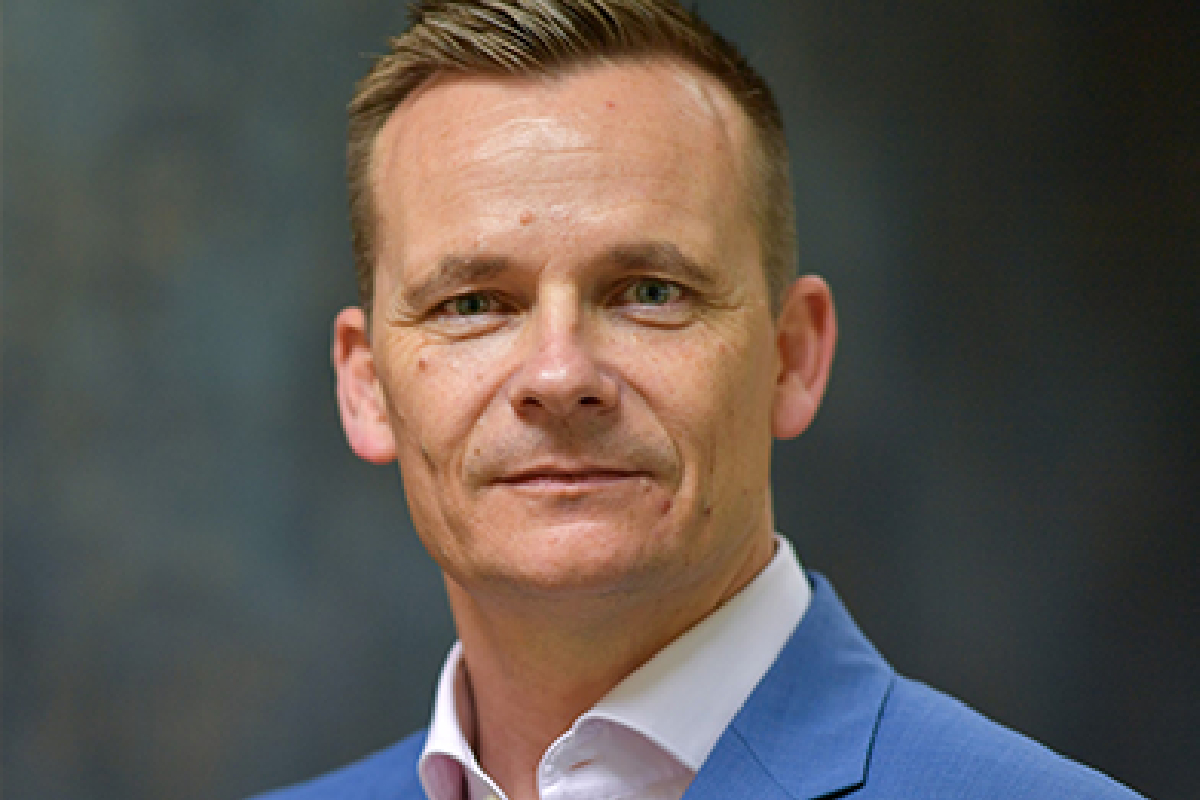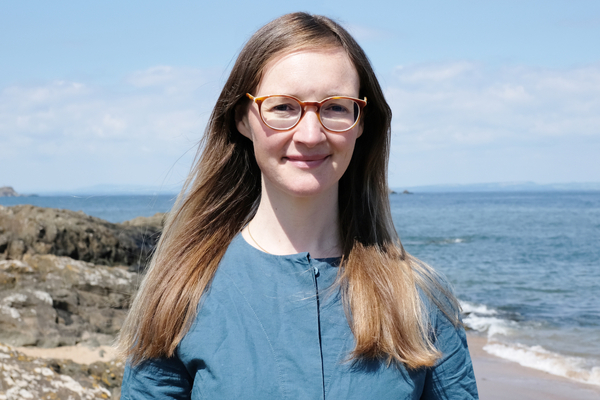We need education and to work together to deliver the net zero transition
The challenge to reach a state of net zero emissions is huge, one that cannot be overestimated.
Whilst reaching net zero is a technological challenge it is also very much a human behaviour challenge. The change involved will be immense, change as to how we do business and change as to how we choose to live our own lives. So how do we take people on this journey, and how do we frame the narrative as well, so that people understand that this is about improving lives?
This is an education challenge. We need to ensure that everyone understands what the net zero challenge is and how they can contribute to it. But the challenge of hitting net zero is so much more than analysis and innovation of product. It requires a huge cultural shift of skills infrastructure.
Right now, across the UK we are installing in excess of 1.7 million gas boilers each year. Low carbon technology installation comes in at a fraction of that. For every one low carbon measure we install into a property there are 120 gas boilers being installed. The government has stated aspirations to be installing over 600,000 heat pumps by 2028 which is incredibly ambitious. The present number fitted annually is c30,000. The recently published heat and buildings strategy has identified a desire for no new gas boilers to be installed post 2035, so we are on the hunt for the gas heating replacement. That is likely to be heat pumps, but we will need to see scale solutions to match these lofty ambitions.
Let’s just come back to the cultural infrastructure we are dealing with right now. We have over 120,000 Gassafe registered installers in the UK specifying, installing, and maintaining gas boilers every day. This is the army of professionals who have front line engagement with customers. When a boiler goes bang and the heating engineer comes to call, what are they recommending to customers for replacement? Chances are it’ll be a nice new shiny gas boiler and even if a customer asks all about renewable technology for the most part engineers will recommend a path of lesser resistance that sits within their skillset.
This is the same in the private sector, the private rented sector and to an extent in the social housing sector. The challenge is how do we break this cycle and drive education into the industry and to consumers?
Have you seen any car advertisements recently? Notice anything about what is being promoted? Not the purring internal combustion engine of a new BMW but more likely the huge shift to electric vehicles. 10 years ago, it would have been almost inconceivable to imagine that the world would seriously look to phase out ‘gas guzzlers’ and actively promote and sell electric vehicles and yet here we are, where in July 2021 Tesla sold more vehicles in the UK than any other car. The only reason they didn’t hit the top again in August and September was because they couldn’t manufacture enough cars quickly enough.
Dealerships are putting electric vehicles at the front of showrooms and of course the government is creating incentives to make purchasing them even more attractive.
I see the shift to renewable technologies going into people’s homes as potentially taking an incredibly similar route.
If you look down your street today, I wouldn’t mind betting that you will see a good number of electric vehicles outside homes, but I bet very few of those houses will have low carbon heating technology installed or would have even considered it yet.
We must find a way of educating the skills infrastructure. The government needs to help provide funding for the industry to retrain and understand low carbon retrofit technology. Imagine if 120,000 heating engineers are offering a heat pump as a valid alternative to a gas boiler then invariably, we will see the numbers rise. And, if government can also bring more incentive schemes to the likes of the renewable heat incentive, such as the recently announced boiler upgrade scheme it will also make purchasing these technologies more financially attractive for the consumer.
The upshot will be that alongside the known challenges of housing providers trying to model improvement plans for homes and aiming to get them towards zero carbon, the sector will also be upskilling to create the necessary resources to be able to deliver it.
There is a further positive from encouraging any given sector to embrace low carbon technology which is one of consumer education. If housing providers better understand it and the heating installer visiting a property to carry out any work better understands it, then the end user is much more likely to be better educated on how to use it effectively and embrace the technology.
Despite the climate change challenge, it’s an exciting time for the sector but we must find a way of engaging with all stakeholders involved to really make it work.
There is no silver bullet to decarbonisation. No one government, no one organisation, no one technology can deliver decarbonisation alone. We all need to work together. Also, this has not been done before, so we need to learn by doing. Learn from each other. The perfect solution does not exist, so we can’t wait for one. But it is imperative that we share the knowledge we gain along the way.
It is important that we combine knowledge and collaboration to approach the net zero transition we are in. It is no longer theoretical; it is legally binding, so the challenge now is how do we make this a practical reality? There is no prize for finishing first, we all need to move towards adopting a zero carbon lifestyle, and there are consequences for not delivering.
Andy Flook is business development director at Sava



